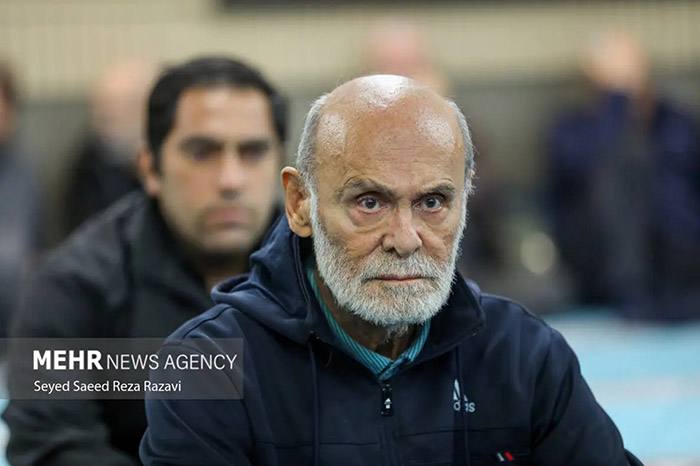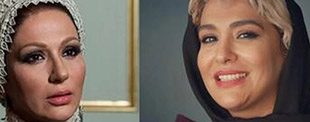Mohammad Kassabi (June 25, 1955 – October 19, 1404) occupies a distinctive and respected place in the history of Iranian performing arts. As an actor, playwright, screenwriter, theater practitioner, and organizer of cultural institutions, his influence extended far beyond the screen and stage. Though he first rose to national prominence through cinema—winning the Crystal Simorgh for Best Actor at the Fajr Film Festival for his memorable performance in the film Father (1955)—his career was, in reality, a far-reaching constellation of artistic, pedagogical, and administrative achievements. Kassabi’s life intertwined intimately with the political, cultural, and social upheavals of Iran in the second half of the twentieth century and the early decades of the twenty-first, making his personal story inseparable from the narrative of modern Iranian art.
This text offers a detailed, comprehensive account of Kassabi’s life, from his childhood in Tehran’s working-class neighborhoods to his evolution into a prominent figure of Iranian theater and cinema; from his early steps in semi-professional theater to the pivotal roles he played in establishing key artistic institutions; and finally to the closing chapter of his life, marked by illness and his passing at the age of seventy-four. Through this lens, Mohammad Kassabi emerges not just as an artist, but as a witness to and architect of an entire artistic era.

